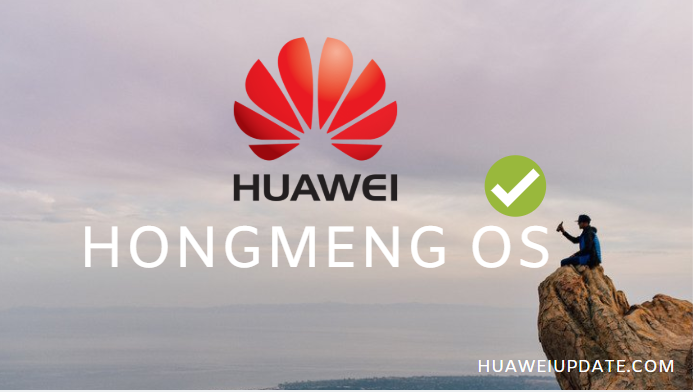Huawei News
Huawei Smartphones with Hongmeng OS shipment likely to exceed 200 million

Recently, the company has filed trademark registration application for “HongMeng” in the following countries Canada, Mexico, Spain, South Korea, Australia, NewZealand, Peru, Turkey, Philippines & European Countries. Huawei is expected to ship its Hongmeng mobile operating system to Central and Eastern Europe as well as emerging countries. After China, Europe is a major market for the company and it has been putting efforts to develop an app ecosystem of its own for the European market.
As for smartphone shipments, the company’s smartphone shipments are expected to exceed 200 million units. A forecast report from Tianfeng International analyst Guo Mingxi suggests that Huawei could ship as much as 225 million units of its smartphones in 2019.
Huawei has become the major sufferer between the US-China trade war as the company’s smartphone sales have been affected by 50% in the last few weeks. Multiple carrier networks across different countries have postponed sales of the newly launched Huawei devices. Most of the US companies, including Google, Qualcomm, Intel, and others have cut ties with the Huawei. Also, the Chinese company will no longer have access to the Android Operating system after the temporary 90 days of relaxation.
Except for Southeast Asia, most of the US allies have withdrawn dealings with the Chinese telecom instrument provider. While countries like Australia, Germany, New Zealand, and others have barred Huawei from participating in the 5G network testing, Southeast Asian countries like Malaysia, Thailand, and the Philippines have welcomed the company.
Huawei News
Huawei Smart Screen S5 Pro sale details

Huawei officially started the sale of its new Smart Screen S5 Pro. The latest smart screen comes with three sizes of 65/75/85 inches and supports Huawei Lingxi pointing remote control, 4K super projection and other functions.
Huawei Smart Screen S5 Pro sale price
- 65 inches 6499 yuan
- 75 inches 8499 yuan
- 86 inches 11999 yuan
The entire Huawei Smart Screen S5 Pro series supports Lingxi pointing remote control , which can realize operations such as sliding, tapping, dragging, circling and jumping; the smart screen supports the super desktop function, which can realize large-screen operation of mobile phone apps.
Huawei Smart Screen S5 Pro is equipped with a 4K flagship main core + AI vision chip, which can realize functions such as smooth portrait tracking, AI fitness, children’s sitting posture and distance reminders, AI somatosensory games, ambient light perception, etc.; it has 3 pre-installed HDMI2.1 interfaces, standard 4GB+128GB storage combination, and supports dual-band Wi-Fi 6.
The Huawei Smart Screen S5 Pro series is equipped with a four-unit audio system as standard, which supports surround stereo effects. Users can cast 4K video content from apps such as Huawei Video, Bilibili, Mango TV, Tencent Video, Youku Video, and iQiyi to the smart screen , with a frame rate of 60FPS and a delay of about 80 milliseconds.

Huawei News
Huawei MateBook GT laptop arriving soon

Huawei is expected to release a new MateBook GT 14 laptop. The device appeared on the Huawei Smart Life App in May this year. The 3C certification information shows that the computer model is ENZH, produced by Wuxi Dengyuan Electronic Technology Co., Ltd., and is equipped with the same 140W power adapter as the MateBook X Pro 2024.
As per the Geekbench benchmark database, the ENZH laptops have three processor versions: Intel Core Ultra 5 125H / Ultra 7 155H / Ultra 9 185H .
In addition, the launch of Hongmeng Smart S9 and Huawei’s all-scenario new products has been officially announced to be held on August 6, which will bring a variety of products such as headphones, mobile phones, smart screens, etc.

Huawei News
Huawei Smart Screen S5 Pro comes with 4 speakers

Huawei Smart Screen S5 Pro is all set to go on sale tomorrow. It has now appeared in the Huawei Smart Life App and has three size versions to choose from.
Huawei Smart Screen S5 Pro has three sizes, all equipped with 4 speakers as standard , and no ads when turned on by default. Huawei Smart Screen S5 Pro series sizes are 65 inches, 75 inches and 86 inches.
The screen material is LCD, supports 120Hz/240Hz refresh rate, and the entire series is standard with 4 speakers and 4GB+128GB memory combination, and supports dual-band WiFi 6 and HDMI 2.1.
















